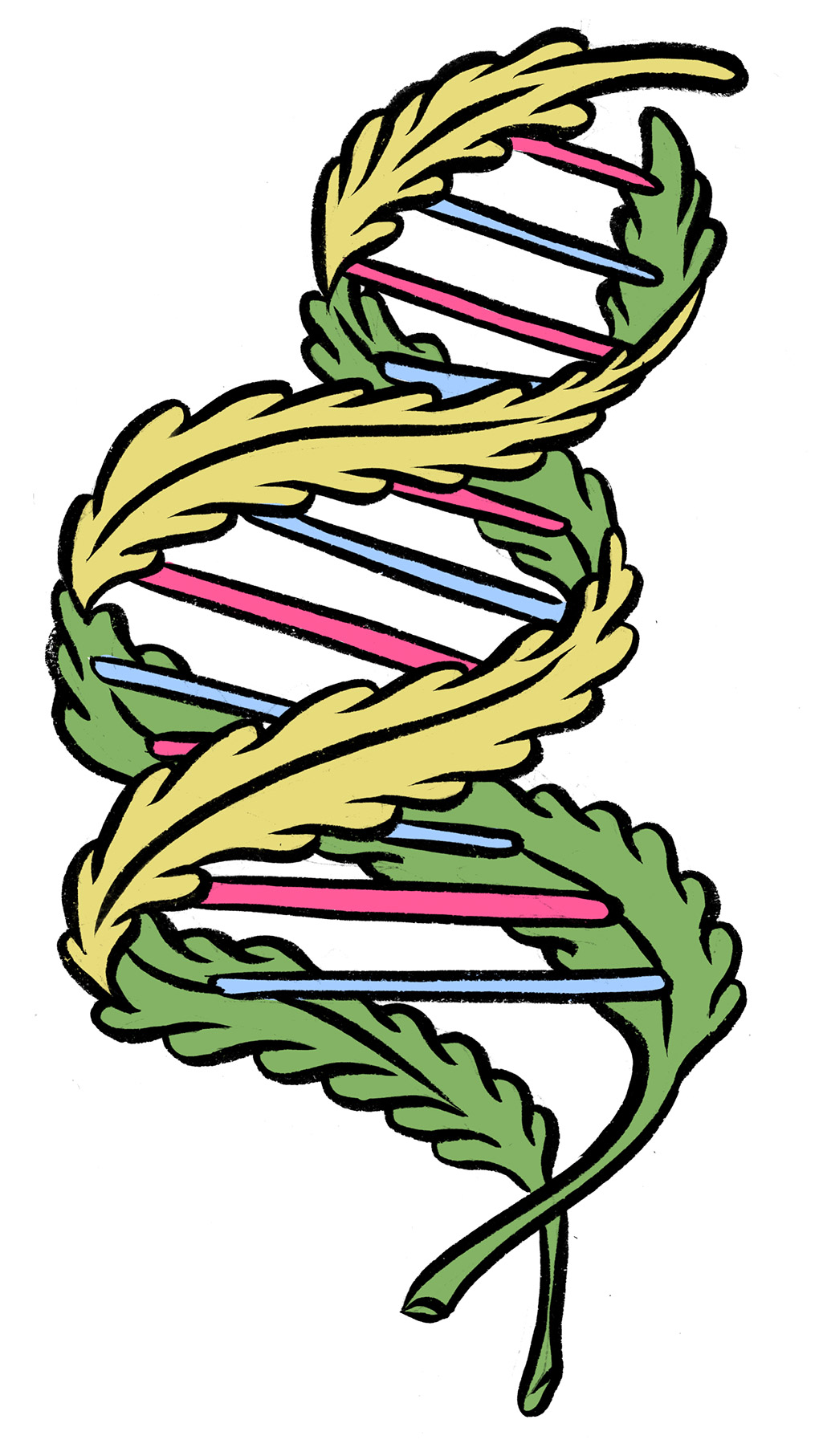
 technology
technology 
[ad_1]
The group had been started by a CHS patient named Erica, a 37-year-old artist who had looked online for resources after her diagnosis and, finding nothing, had decided to establish “basically a blog of my full recovery process and all the things I’ve discovered along the way.” (Erica preferred not to use her last name, because of the backlash that comes with publicly discussing CHS.) She pinned posts recommending magnesium supplements and listing lesser-known CHS symptoms, such as seizures and “scromiting”—that is, screaming and vomiting at the same time. Before joining, members must agree to a set of rules, including “No posts of theories or unproven methods … This group is for proven methods and truth only.”
Erica and Moon became fast friends, despite living across the country from each other. As the group grew, accumulating as many as a thousand new members every month, the two women felt they were uncovering crucial information, including which prescription drugs were best for this condition and which trigger foods (cacao, rosemary) might also cause CHS patients to puke. “There’s so many of us that we can actually use ourselves as guinea pigs,” Erica told me. “The articles that have been written by doctors themselves are actually wrong.”
For example, she explained, she’s been told that some doctors recommend that CHS patients try using non-psychoactive CBD products. But when Moon tried taking CBD capsules, about six months after that dinner in Malibu, she ended up in the emergency room, with three ulcers, two hernias, and a bacterial infection. Now she and Erica worked to convince new members to the group that in order to be healthy, they had to quit all cannabis, for good.
“We have saved thousands of lives,” Erica claims.

KELSEY DAKE
In September 2019, after she spoke on a panel at a cannabis medical conference, Moon was excited to hear that a researcher named Ethan Russo was interested in studying the condition. From 1998 to 2014 Russo conducted research for GW Pharmaceuticals, the only company with a plant-derived, FDA-approved cannabis drug (Epidiolex, a treatment for childhood epilepsy that is 98% CBD). Russo’s early belief in the promise of medical cannabis, combined with the imprimatur of a white coat, has made him something of a folk hero among pot lovers.
Russo had been following the nascent research into cannabinoid hyperemesis syndrome, including a 2012 study showing that patients like Moon were spending as much as $95,000 in testing and hospitalization costs before receiving a CHS diagnosis. He thought the theories about CHS being caused by pesticides were “bullshit” and was curious about why CHS affected some stoners and not others, hypothesizing that a genetic mutation might be responsible. He figured if he could compare the genomes of a large group of CHS patients with the genomes of a control group of potheads who hadn’t developed CHS, he might be able to offer both patients and doctors some clarity.
“The original idea was, can we develop a diagnostic test for this?” Russo told me. “A $180 genetic test can maybe save people a lot of grief,” he said. And perhaps it could give parents of the many teenage and 20-something CHS patients who refused to believe that weed was making them sick “more ammunition to say, ‘Hey, Johnny, no toking for you.’”
He decided to team up with a genetic testing company called Endocanna Health, which had been using its DNA kits to offer individualized cannabis recommendations based on a person’s genetics. Russo, who doesn’t particularly like using cannabis himself, had taken the company’s DNA test and claimed its assessments of how his body was genetically predisposed to respond to weed were startlingly accurate.